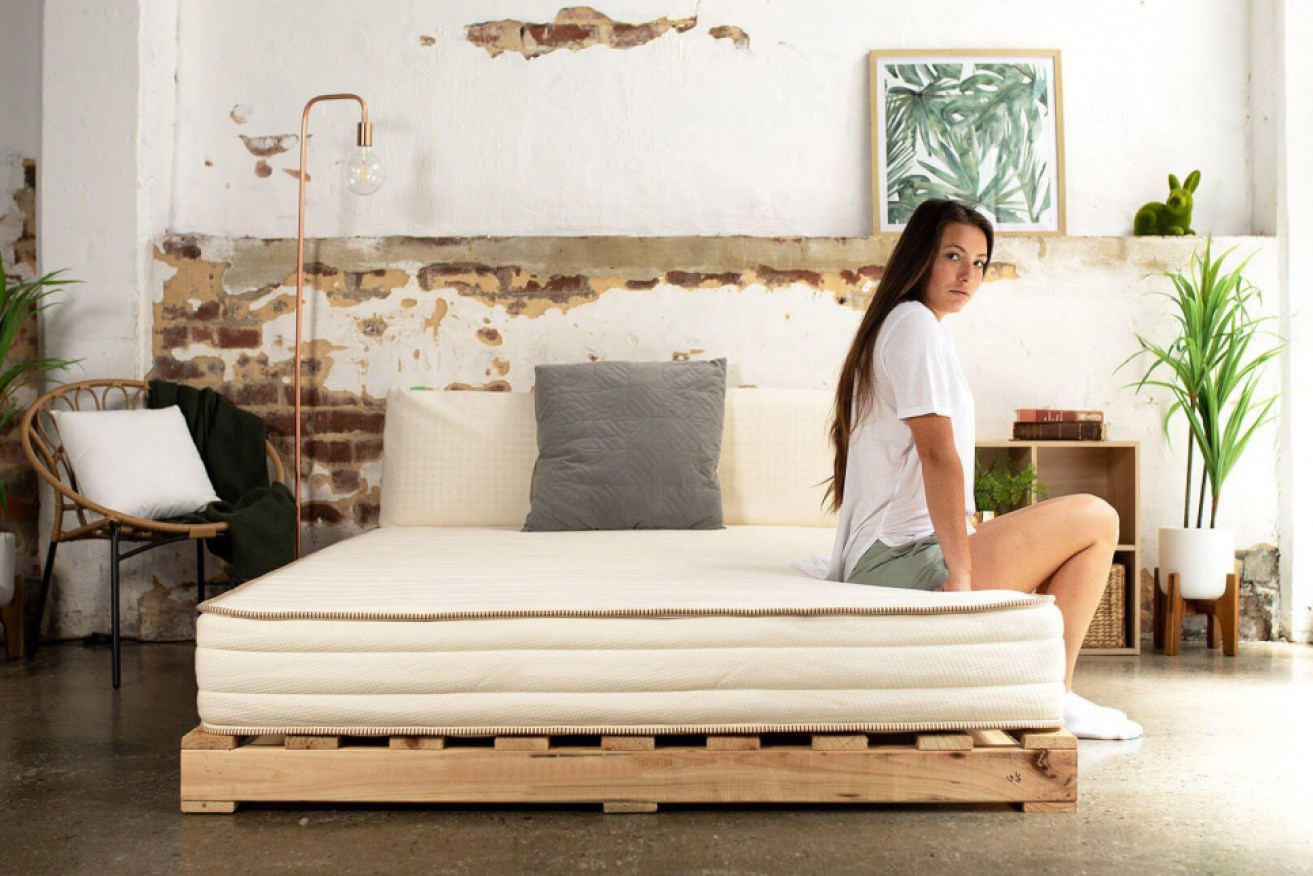Tips for sleeping better naturally


If you struggle to sleep, consider your environment – from where you sleep, to what you sleep on. Photo: Peacelily
If you aren’t sleeping well at night, it can impact your entire day – leaving you feeling lethargic, draining your energy, and decreasing your productivity.
It’s imperative that you get a good night’s sleep if you want to function efficiently, but for some of us, that’s easier said than done.
If you struggle to get to sleep at night, and stay asleep, you need to consider your environment – from where you sleep, to what you sleep on.
The following tips might help you get more control over the quality of your sleep.
Change where you sleep
If your bed isn’t comfortable and the room is noisy and hot, you’re almost guaranteed to have a bad night’s sleep.
Start by eliminating as much noise as possible, both from outside and within.
White noise can help mask sounds that are disruptive to sleep. A fan is a simple option for this, or using earplugs may be preferable, blocking out sound completely.
A hot bedroom is an uncomfortable bedroom, so keeping the temperature at a cool 18 degrees Celsius creates the ideal setting.

It’s imperative that you get a good night’s sleep if you want to function efficiently, but for some of us, that’s easier said than done. Photo: Peacelily
Finally, make sure your bed is suited to your comfort level and sleep position preference.
Most mattresses older than 10 years will have lost structural integrity and not be supportive any more, contributing to your discomfort and inability to get quality sleep.
Opt for a mattress style like latex, which is all natural, durable and non-toxic. Latex has an open cell structure for good airflow, inhibiting mould, mildew, dust mites and other nasties.
A non-toxic bed also means you are not breathing in any unwanted chemicals typically emitted from petroleum-based materials, such as memory foam.
Find a sleep pattern
If you aren’t a shift worker, you don’t need to be chopping and changing your sleep pattern every day.
Try to stick to a routine so that you go to bed and get up at the same time every day.
This will allow your body’s internal clock to set.
Start by choosing a bed time where you generally feel tired enough to fall asleep, and your waking time should be natural – if you need an alarm clock to wake you up, you need to go to bed earlier.
Although weekends are the perfect time to sleep in, this can disrupt your sleep pattern. So if you’ve had a late night, try getting up at your usual time and then, later on, go for a nap instead.
Stick to naps that are less than 20 minutes, otherwise you’ll find yourself having trouble getting to sleep again at night.

Try to stick to a routine so that you go to bed and get up at the same time every day. Photo: Peacelily
Darken your sleep space
We’re not saying you need to paint the walls black, but you should try to block out as much light as possible from the bedroom at night.
The sleep hormone, melatonin, is actually controlled by light so when it’s dark, you get sleepier; when it’s light, your body remains alert.
By spending more time in the light during the day, you’ll set your body up for resting in the darkness at night.
Try to sit outside a lot when the sun is shining bright and make sure you have plenty of light in your home when indoors.
At night, put the screens away at least 1 to 2 hours before you want to sleep. Turn off the TV and use heavy curtains or shades to block out the light from windows. If you can’t do that, wear a sleep mask.
Take care of your body
There are two ways you can take care of your body to have a better sleep. According to research, exercise is a great method for improving sleep quality.
During the day, it speeds up the metabolism, stimulates cortisol and increases your body temperature – giving you more energy.
Come bedtime, your body is feeling more tired and ready for a great night’s rest.
Yoga and stretching before bed can also help your body go into rest mode. It’s not all about exercise either, the food you eat and drink can also have a huge impact on your sleep.
Limit caffeine and nicotine, avoid eating a big meal for dinner, limit alcohol consumption and other liquids before you head to bed, and cut back on sugars and refined carbs as these can keep you awake.
By changing your mattress, and making other small and simple changes, your body will sink into rest mode much easier at night, and you’ll feel more energetic and motivated throughout the day.